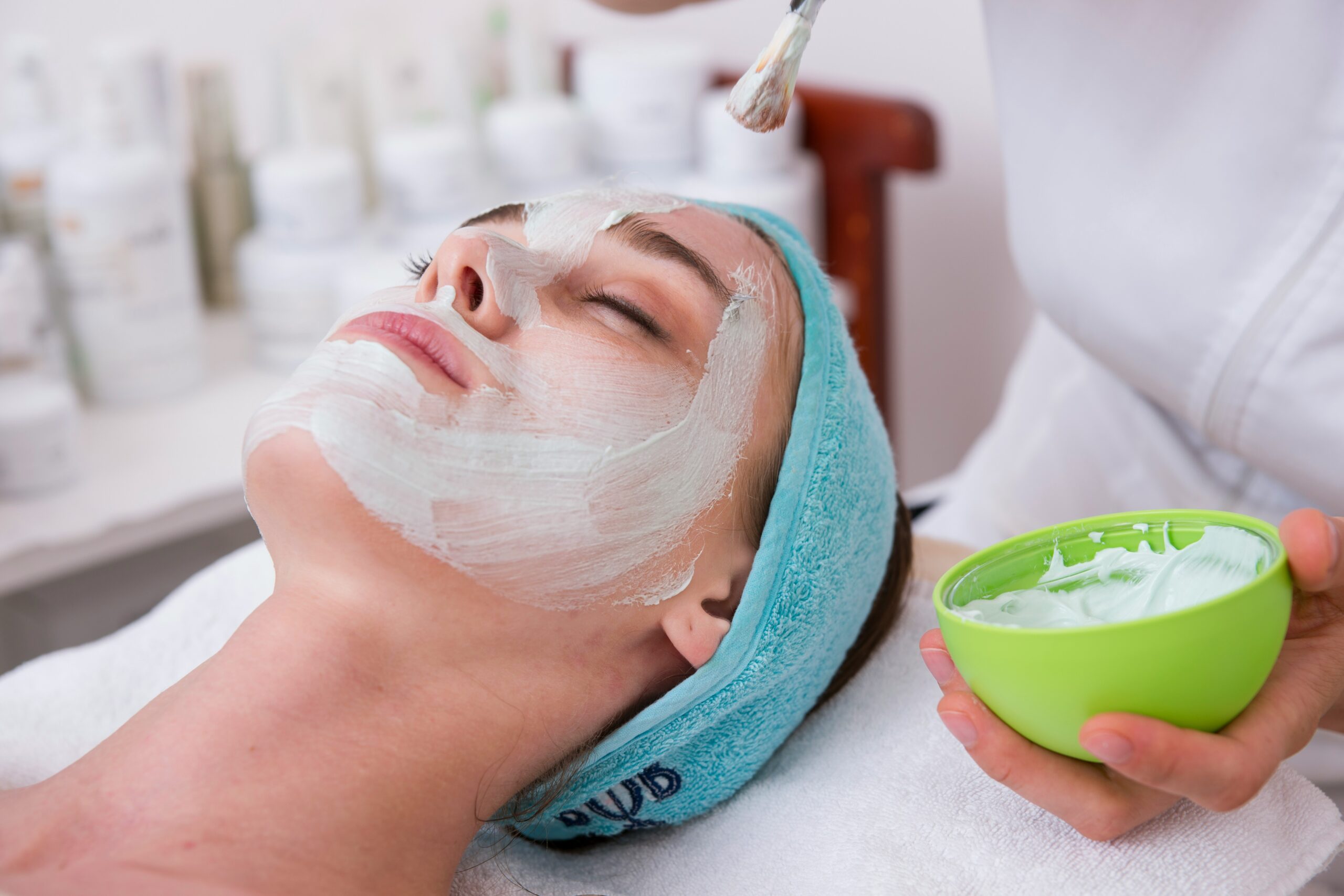
Gynecological Health and Aesthetic Procedures: Comprehensive FAQ Guide
Gynecological health is a vital aspect of women’s well-being, and with advancements in aesthetic surgeries, women now have more options […]
Healthy, glowing skin is a reflection of overall well-being and good health. Achieving and maintaining it involves a combination of […]

Healthy, glowing skin is a reflection of overall well-being and good health. Achieving and maintaining it involves a combination of proper skincare routines, healthy lifestyle choices, and effective treatments. This article will explore practical tips and advice for healthy skin, methods to combat skin aging, nutrition for smooth and healthy skin, herbal remedies, and medical treatments for skincare.
Aloe Vera
Aloe vera gel is known for its soothing and healing properties. It can be used to treat sunburn, hydrate the skin, and reduce inflammation.
Green Tea
Green tea is rich in antioxidants that protect the skin from damage. Applying green tea extract or using it in skincare products can reduce redness and irritation.
Chamomile
Chamomile has anti-inflammatory and calming effects, making it ideal for sensitive skin. Chamomile tea can be used as a facial rinse to soothe irritated skin.
Turmeric
Turmeric has anti-inflammatory and antioxidant properties. A turmeric face mask can help brighten the skin and reduce acne.
Microneedling involves using fine needles to create tiny punctures in the skin, stimulating collagen production and improving skin texture and firmness.
Chemical peels involve applying a chemical solution to the skin to remove the top layers, improving skin texture, tone, and reducing the appearance of fine lines and acne scars.
Laser treatments can address a variety of skin issues, including wrinkles, pigmentation, and scars. They work by targeting specific skin layers to promote collagen production and cell renewal.
Dermal fillers are injectable treatments that restore volume and smooth out wrinkles and folds in the skin. They provide immediate results with minimal downtime.
Botox injections temporarily relax facial muscles to reduce the appearance of fine lines and wrinkles. They are commonly used on the forehead, around the eyes, and between the eyebrows.
Achieving and maintaining healthy, youthful skin requires a comprehensive approach that includes a consistent skincare routine, healthy lifestyle choices, and targeted treatments. From daily habits like cleansing and moisturizing to advanced medical treatments like microneedling and laser therapy, there are numerous ways to support your skin’s health and appearance. By incorporating nutritious foods, utilizing herbal remedies, and considering professional skincare options, you can keep your skin looking its best at any age.
1. What is the best way to start a skincare routine?
Start with the basics: cleansing, moisturizing, and applying sunscreen daily. Gradually incorporate products like exfoliants, serums, and treatments tailored to your skin type and concerns.
2. How often should I exfoliate my skin?
Exfoliate 1-2 times a week if you have normal or dry skin, and up to 3 times a week if you have oily or acne-prone skin. Avoid over-exfoliating as it can irritate the skin.
3. Can diet really affect my skin?
Yes, a healthy diet rich in vitamins, minerals, and antioxidants can improve your skin’s health and appearance. Foods high in sugar and unhealthy fats can lead to breakouts and dullness.
4. Are natural remedies effective for skincare?
Many natural remedies, like aloe vera, green tea, and turmeric, have beneficial properties for the skin. However, results can vary, and it’s important to patch test and consult with a dermatologist if you have any concerns.
5. When should I consider professional skincare treatments?
Consider professional treatments if you have persistent skin concerns like severe acne, deep wrinkles, or pigmentation issues that are not responding to over-the-counter products. Consult with a dermatologist to determine the best treatment options for your skin.
Summary